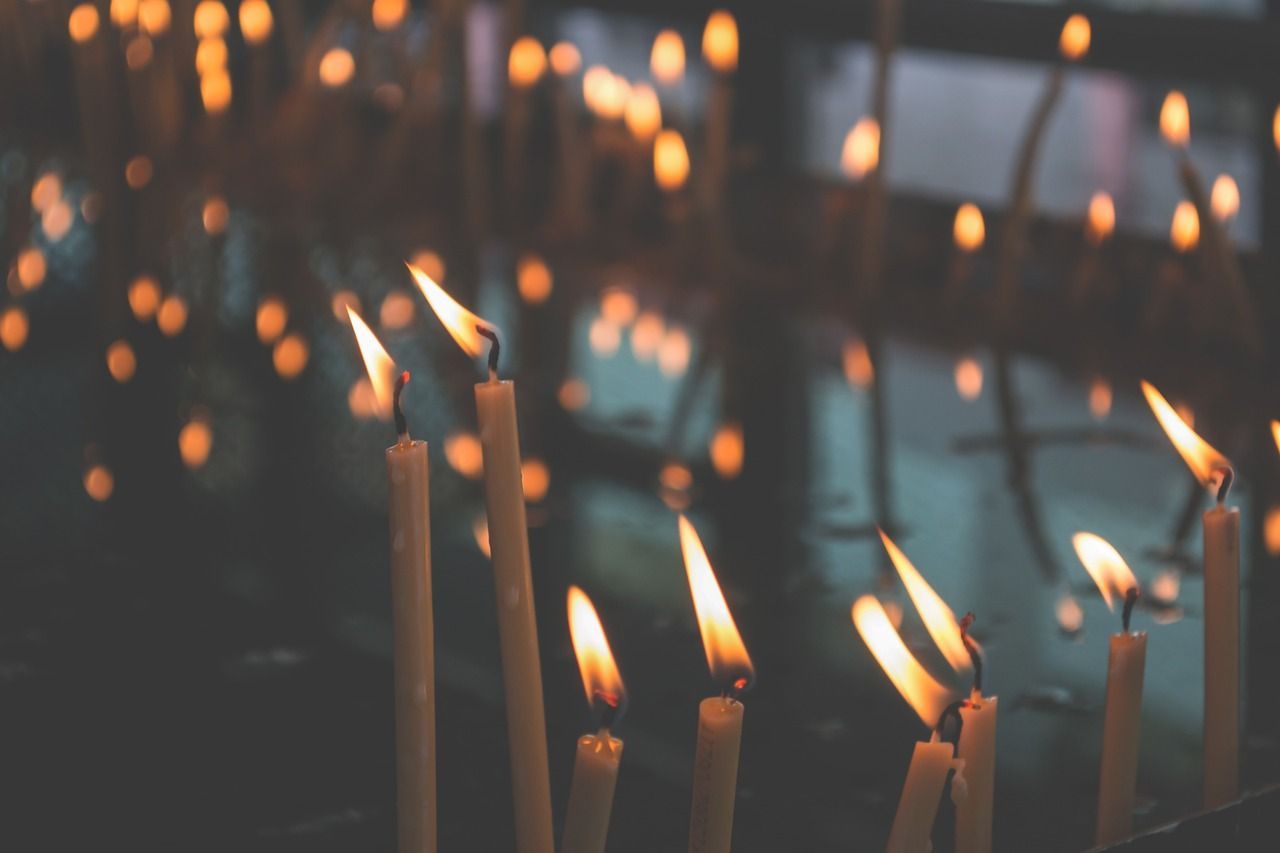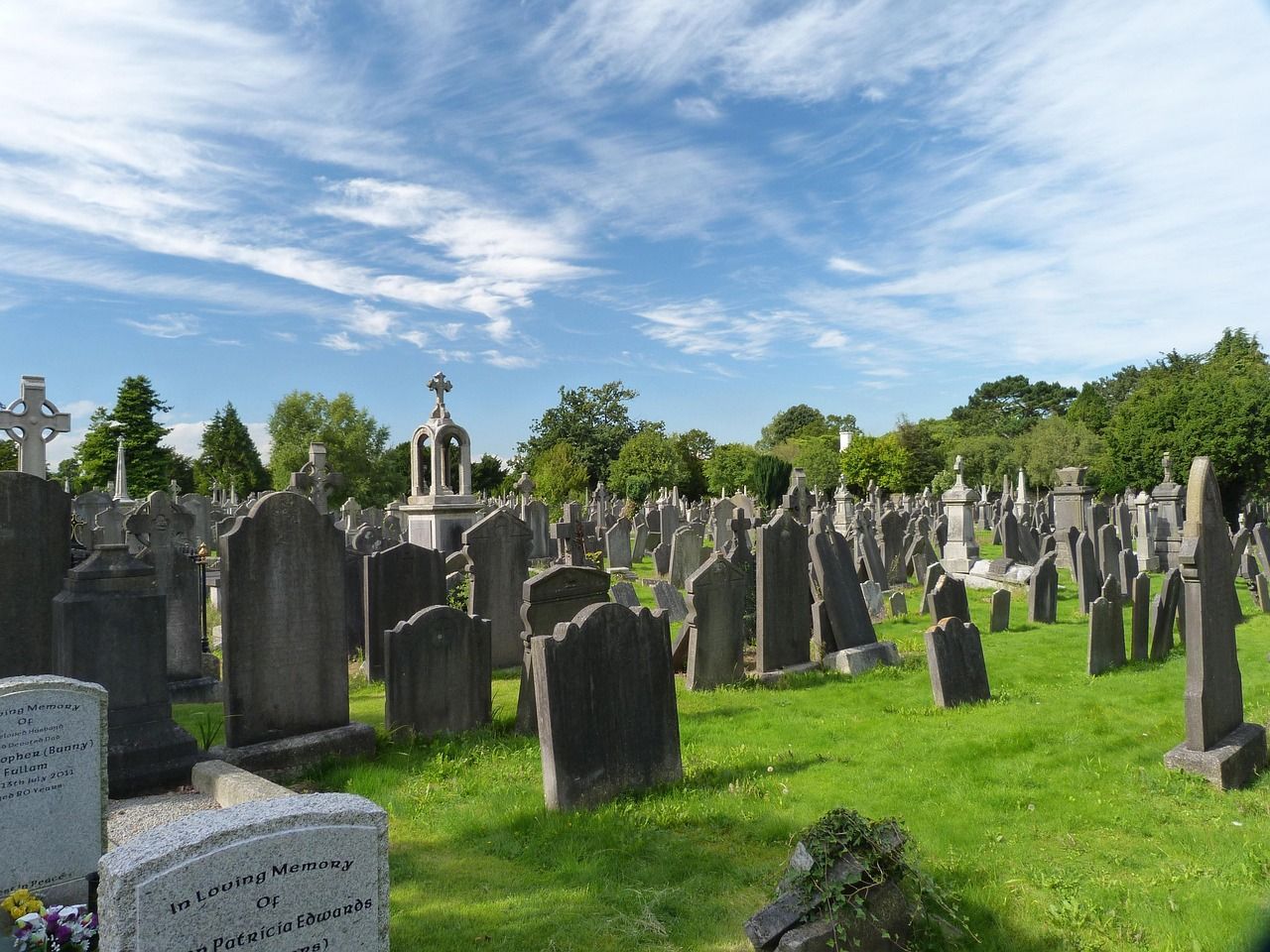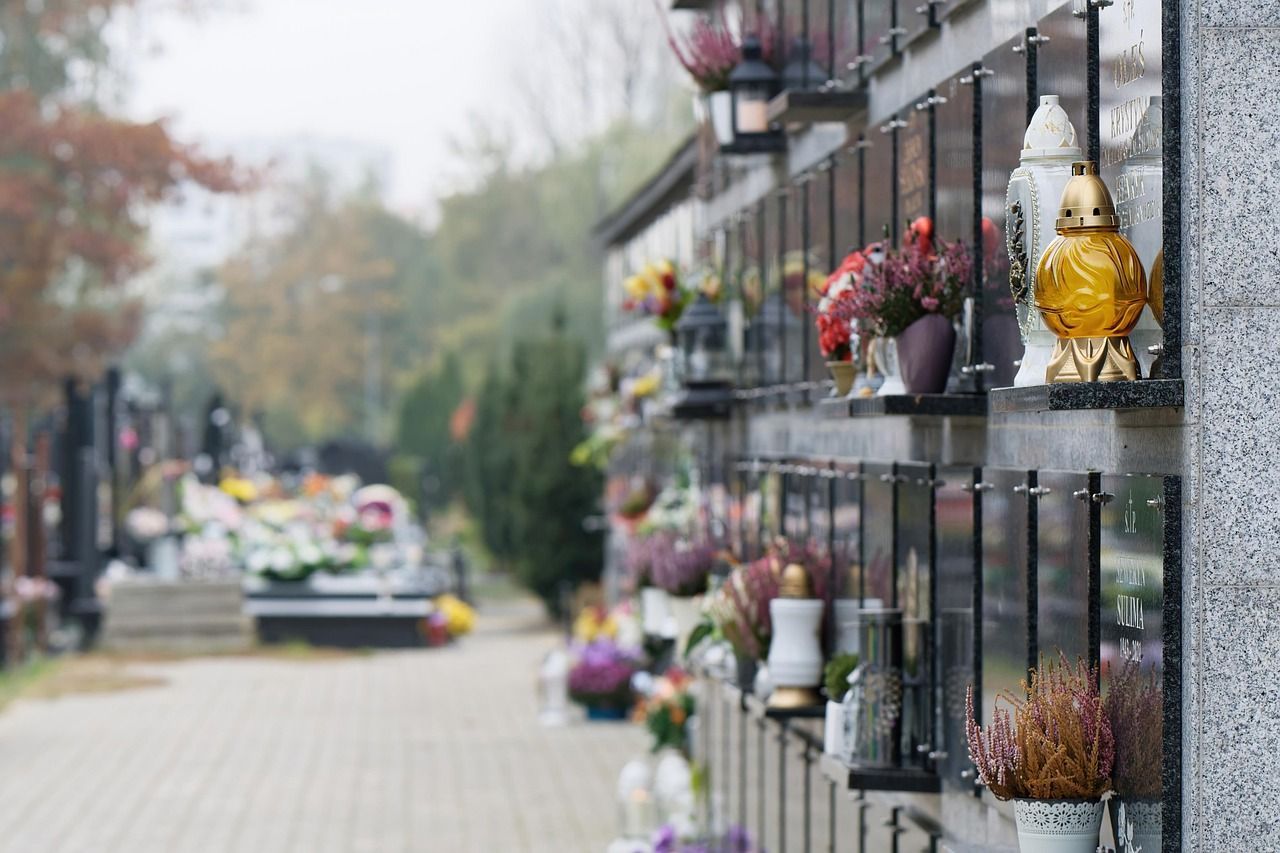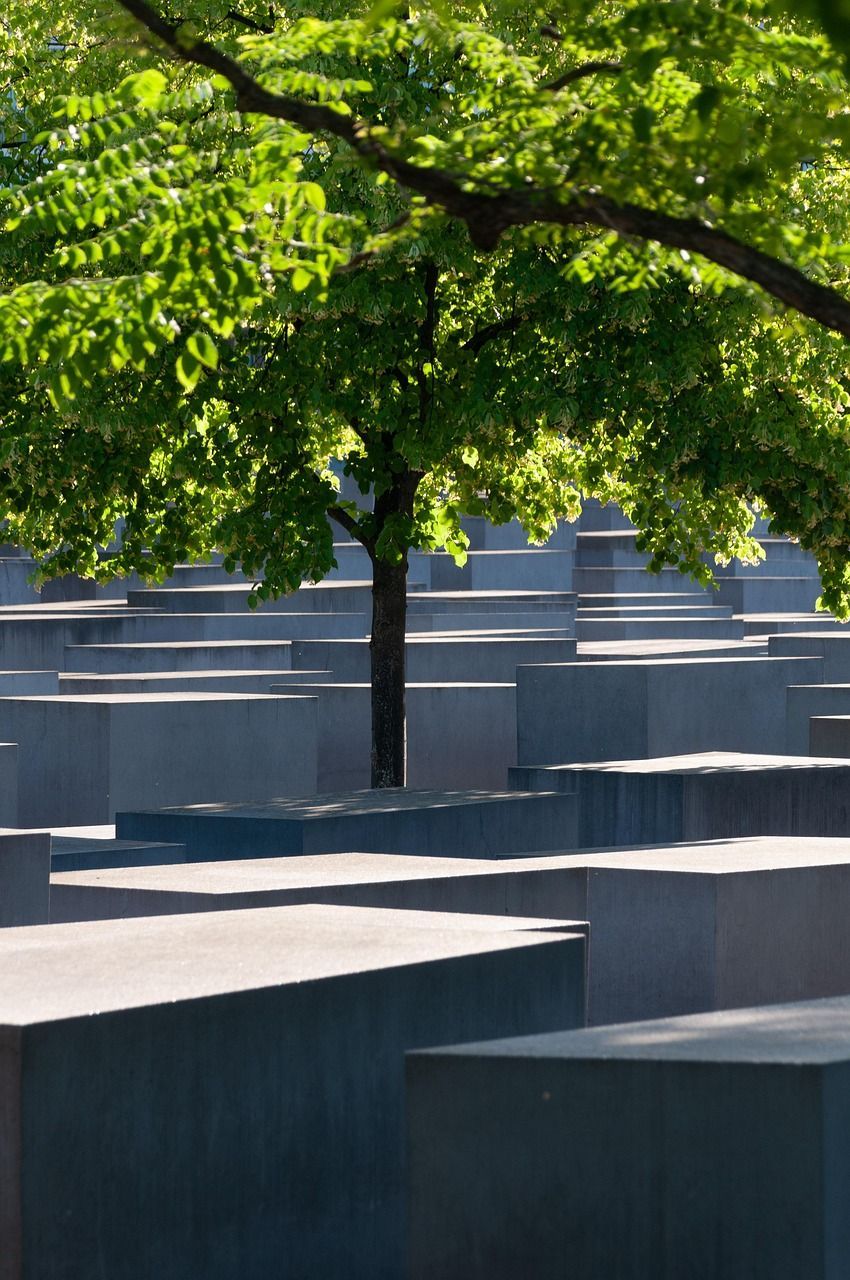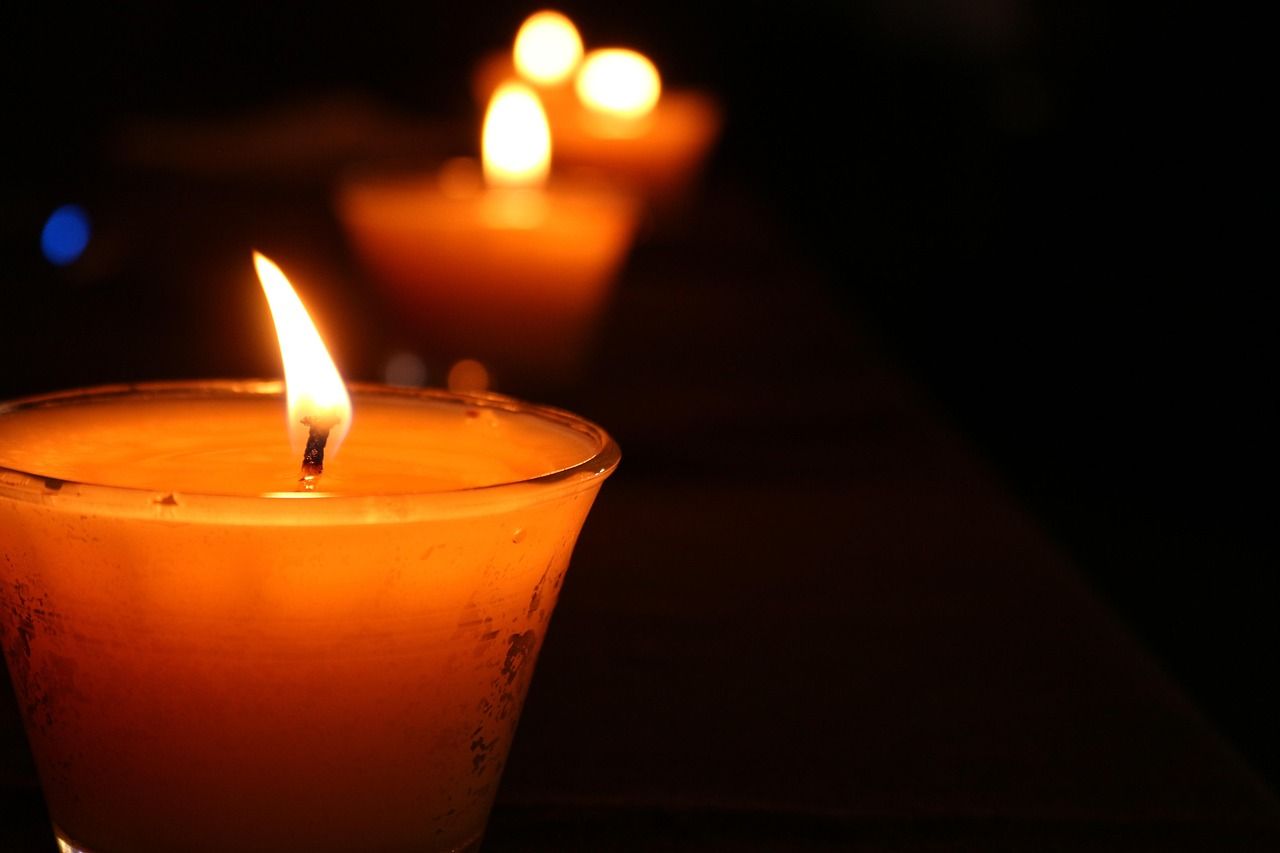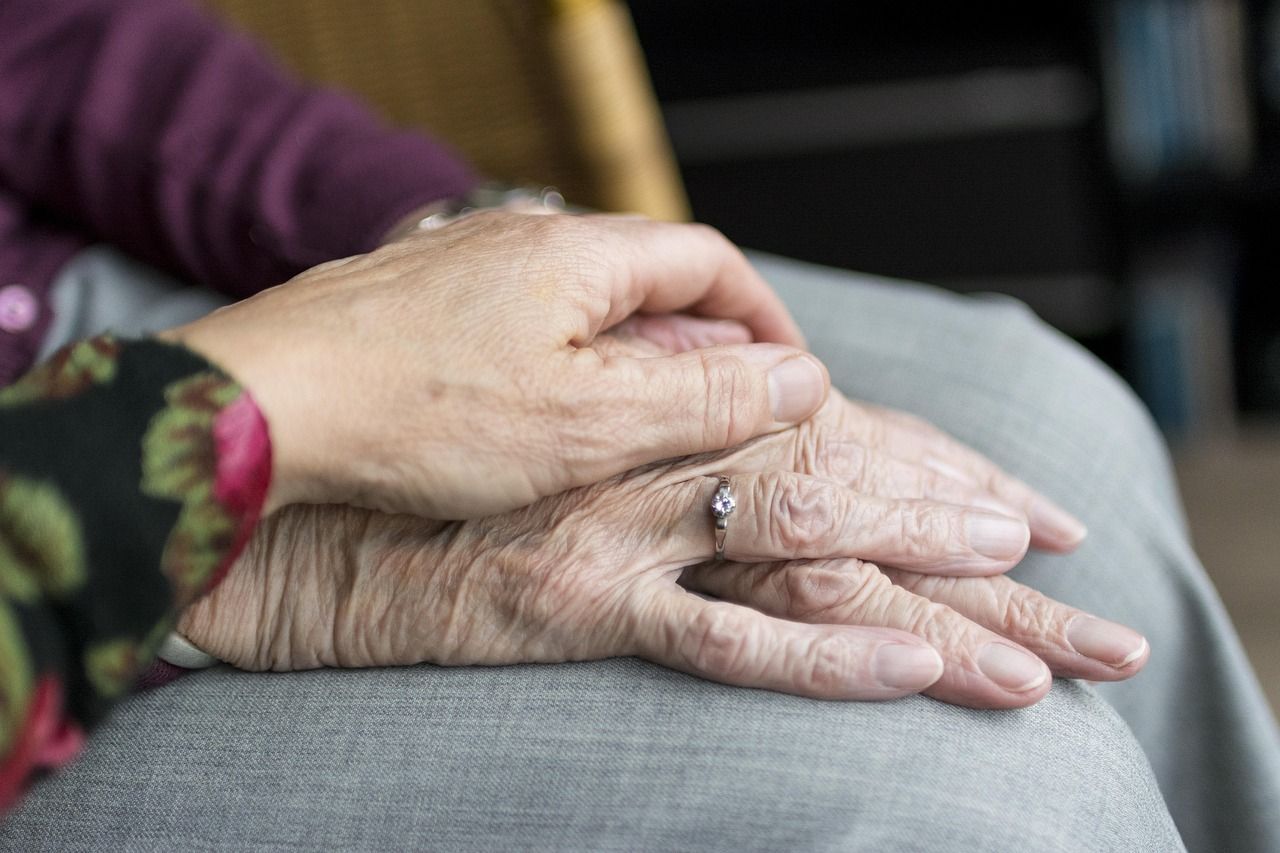Understanding the Role of a Funeral Director: What Families Should Know
When a loved one passes away, the days that follow can feel overwhelming. There are so many details to think about, and emotions are often running high. In moments like these, having the guidance of a caring professional can make all the difference.
That’s where a funeral director comes in. Funeral directors do much more than coordinate services; they are compassionate guides who help families navigate the practical, emotional, and ceremonial aspects of saying goodbye.
At Peel Funeral Home, our directors walk alongside families with care, professionalism, and understanding, ensuring that every life is honored with dignity and respect.
1. Compassionate Guidance and Emotional Support
A funeral director’s first role is to listen, to understand your family’s wishes, your traditions, and your loved one’s story. From there, they offer thoughtful suggestions and guide you through each step, explaining every option clearly and without pressure.
This kind of support helps families feel more at peace during an otherwise stressful time. Whether you already have specific ideas for the service or feel unsure where to start, a funeral director will take the time to:
- Discuss what type of service best fits your needs (traditional funeral, memorial, or celebration of life)
- Explain burial and cremation options
- Offer ideas for personalizing the service
- Handle details you may not have thought of, such as music, readings, or photo displays
At Peel Funeral Home, we believe that the most meaningful services come from collaboration, blending our experience with your family’s vision.
2. Handling the Legal and Logistical Details
Behind every smooth, well-organized service are countless moving parts that the funeral director manages quietly and efficiently. Their expertise allows families to focus on remembrance and healing, not paperwork or deadlines.
Here’s a look at some of the
key responsibilities a funeral director takes care of:
Documentation:
Prepares and files the death certificate, permits, and other required paperwork
Scheduling:
Coordinates service times, burial or cremation dates, and transportation
Communication:
Works directly with clergy, cemeteries, florists, and other vendors
Preparation:
Oversees the care and presentation of the deceased with dignity and respect
Support:
Ensures families understand each step and are informed throughout the process
Having these details handled professionally removes much of the stress from the family, allowing them to focus on remembering their loved one, not the logistics.
3. Personalizing the Service
No two lives are the same, and no two funerals should be either. Funeral directors help families design services that reflect the unique personality, values, and memories of their loved one.
They can assist with:
- Choosing meaningful music or readings
- Incorporating photos, videos, or mementos
- Planning personalized rituals, such as candle lighting or memory tables
- Recommending creative ideas for floral arrangements, memorial keepsakes, or tribute slideshows
At Peel Funeral Home, we encourage families to share stories and details that capture who their loved one was, their passions, their humor, and the legacy they leave behind. These personal touches help turn a service into a celebration of life.
4. Offering Continued Support After the Service
The role of a funeral director doesn’t end when the service concludes. Grief continues long after the ceremony, and many families need ongoing care and resources.
Funeral directors can:
- Provide grief support materials or referrals to local counselors
- Help with thank-you notes and memorial donations
- Assist with obituary placement or online memorial pages
- Guide families through the process of obtaining additional death certificates or insurance documents
At Peel Funeral Home, our commitment is to care for families before, during, and after the funeral, helping them find comfort and clarity as they begin to heal.
5. Why the Role of a Funeral Director Matters
A funeral director’s work is more than administrative; it’s deeply human. They balance professionalism with empathy, ensuring every detail is handled while never losing sight of what truly matters: honoring life and providing comfort to the living.
Their role combines:
- Compassion – listening with patience and care
- Organization – managing time-sensitive tasks
- Creativity – designing meaningful tributes
- Knowledge – guiding families through local laws and traditions
In essence, funeral directors serve as both caretakers and companions through one of life’s hardest moments.
FAQs About Funeral Directors
1. What exactly does a funeral director do?
A funeral director manages every aspect of the funeral process, from paperwork and scheduling to helping families plan personalized services and offering emotional support.
2. Is it necessary to hire a funeral director?
While not legally required in all situations, having a funeral director ensures that every legal, logistical, and ceremonial detail is handled properly, allowing families to focus on their loved ones.
3. How do funeral directors help with cremation?
They take care of the required authorizations, coordinate with the crematory, and help plan a meaningful memorial or scattering ceremony afterward.
4. Can funeral directors work within a budget?
Yes. Funeral directors can present a range of service options, helping families make thoughtful decisions that align with both their wishes and their financial comfort.
5. How do I know if a funeral director is right for my family?
Look for someone who listens carefully, treats you with compassion, and explains everything clearly. Visiting the funeral home and asking questions can help you feel more confident in your choice.
6. What should I bring when meeting with a funeral director?
It’s helpful to bring your loved one’s personal information (for legal paperwork), clothing for the service, and any photos, music, or mementos you may want to include in the ceremony.
7. Do funeral directors offer pre-planning services?
Yes. Many families choose to pre-plan arrangements to ensure their wishes are followed and to ease the emotional and financial burden on loved ones later on.



